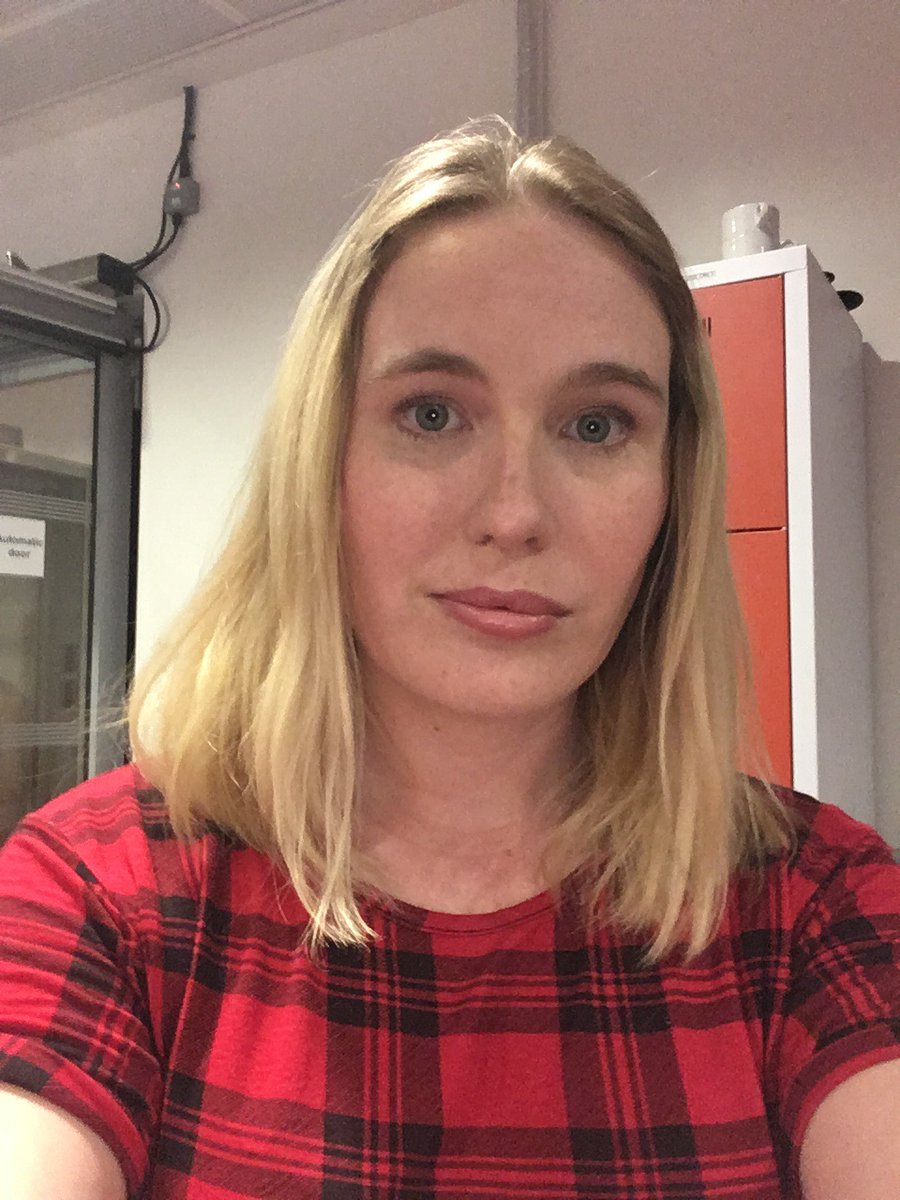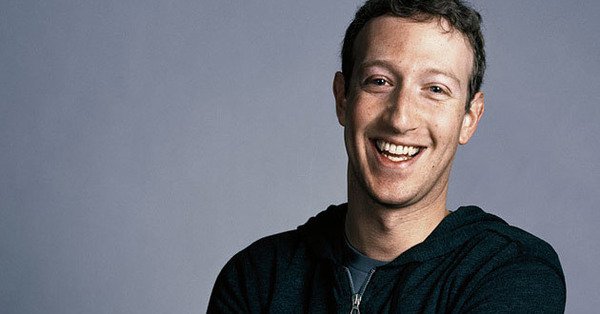Why Does Facebook Ban Women Who Name And Shame Their Harassers?
On one hand Facebook says it provides a number of tools to help users avoid harassment, and on the other it bans women who out their harassers.
On 30 May, when Binjal Shah, a journalist who after being harassed by a guy online, despite repeatedly warning him to stop, posted about the whole thing on Facebook, along with a link to his profile, Facebook took down her post, claiming what she did was harassment and bullying. You can head over to BuzzFeed to read the full story.
Then on 11 June, a law student in Australia, in her story in a Buzzfeed Community post, accused Facebook of silencing sexual harassment victims after her public posts about another user harassing her via Messenger were removed by the website.
"Facebook has now blocked me from posting, messaging or commenting for the next 24 hours then warned me that if I speak out about this again, my account will be deleted," she wrote. "This makes me feel as though Facebook does not care about sexual harassment victims, or sexual assault victims when they continue to silence me."
Those are just two of the several similar instances when women who took to Facebook to publicly out their online harassers, the website took action against those very women by either removing their posts or banning them from further using the site itself
The fact that Facebook acts against women who name and shame their harassers speaks volume about the social networking site's shaky stand against cyber-bullying. However, should this be surprising given the fact that even outside this virtual space, women are constantly silenced for speaking out against their abusers?
It does, however, seem hypocritical on behalf of Facebook to claim that they are against cyber-bullying when the policy appears to apply ONLY to protect abusive men from the repercussions of their own actions.
In other words, it appears as if it's alright for a man to send abusive texts or unsolicited dick pics to women, but if those women share the same text/pics publicly, in order to out those men and warn others, Facebook will not only remove those posts, you may even end up getting banned from using the site.
Because as per Facebook's standards, "Sharing private conversations and naming and shaming violates our bullying policies", even if what you're doing is basically sharing the evidence of you being harassed by your harassers/abusers.
This, by definition should amount to condoning sexually harassing women online.
Another case in point, Samantha Mawdsley
Samantha has been banned by Facebook for reportedly "violating" the social networking site's "anti-nudity guidelines". What did she do?
She posted her conversation with a man who sent her an unsolicited dick pic.
Speaking to Mic, Samantha said that she had "shared censored versions of the images, covering the man's genitals with stickers"
"I have been contacted by other [women] and they told me they received pics from him too, and they did report him," she said.
Mawdsley said she did not report her harasser to Facebook, as she had little faith the social network would take her complaint seriously.
"Facebook cannot seem to get its own policy to be applied consistently," she said. "I've seen extremely sexual pictures of women on Facebook. I've reported them and got told by Facebook to block the person sharing the content ... When I look at everything that Facebook allows, I honestly can't see what it was in my post that crosses the line."
What happened with Samantha and others like her who call out men who harass them is not once in a blue moon kind of incident
As Leigh Cuen of Mic notes, Facebook has a history of not taking action against sexist memes, including those that promote violence against women.
For instance, back in 2015, Facebook banned Clementine Ford, an Australian writer/activist, for 30 days after she posted screenshots of abusive comments and memes sent to her via Facebook Messenger.
In fact, whenever a story surfaces on the Internet that a victim of sexual harassment was banned from using the website, Facebook always claims that they encourage users to report harassing messages and comments. However, when women do report to Facebook, their experiences, more or less, ends negatively.
Case in point, this Reddit comment on an r/TwoXChromosomes thread: "Once reported a hate page posting horrible messages to and nude pictures of an 11-year-old girl. Page was also harassing the 11-year-old in addition to posting literal nude pictures of her and posted her phone number. Facebook decided it was fine and didn't violate anything, ended up reporting it to police instead before it finally got taken down."
It's one thing for Facebook to claim that the platform is against abusive men who harass women and another to actually take steps (like act against men who harass women instead of banning women for outing their harassers) to make women feel empowered enough when they do report their harassers to Facebook.
We reached out directly to Facebook's co-founder, Mark Zuckerberg, in order to get his comment to understand why the platform — which he wants everyone in the world to use — fails to not only act against abusive men who harass women online but ends up punishing the women for outing them publicly.
At the time of publishing this story, at 9:30PM Malaysian time on 16 June 2016, we are yet to hear back from Mr. Zuckerberg.
However, in case he gets back to us, we will update this story.
This story is the personal opinion of the writer.
You too can submit a story by emailing us at [email protected].


